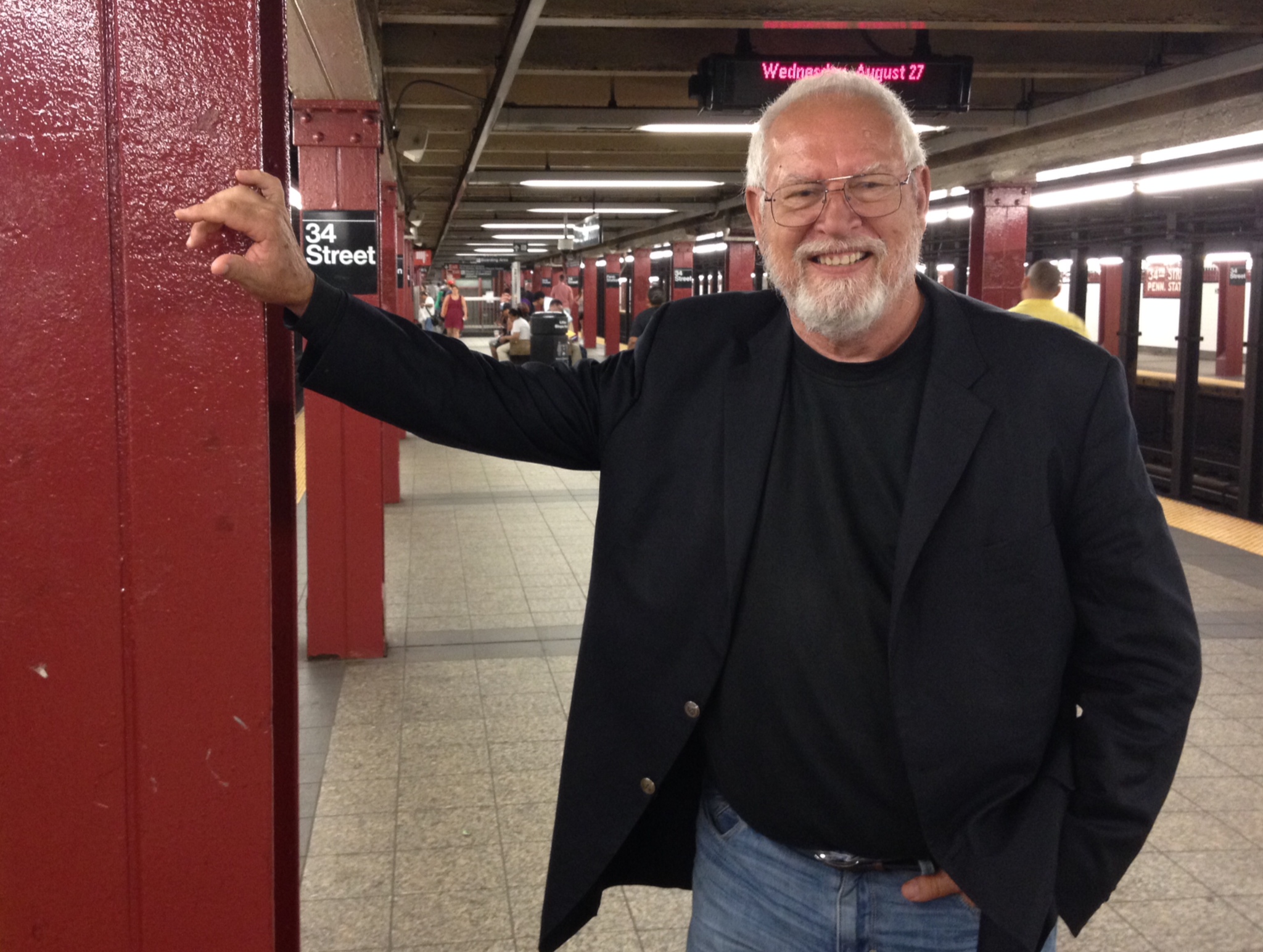In Memoriam: Dickson Despommier
By Alan Dove
On February 7, Dickson Despommier, an emeritus professor of microbiology and public health at Columbia University, died. He was 84 years old. He was a great teacher, an excellent scientist, and a wonderful friend. I miss him.
I first met Dickson when I was a graduate student at Columbia University in the 1990s. He was the only parasitologist in the microbiology department, but I quickly realized that such a specialized label didn’t really apply to him. He seemed to know at least a little about nearly everything. With an endless supply of interesting stories, an omnivorous curiosity, and a Southerner’s talent for friendly conversation, everyone in the department liked him. He taught parasitology to the medical students, who adored him as well.
After graduate school, I lost touch with him for a few years. Then, in late 2008, I went to a conference in Mexico City co-sponsored by the New York Academy of Sciences. It was one of those “big ideas” meetings, where high-profile speakers from a broad range of fields talked about large-scale societal challenges and possible solutions. The Mayor of Mexico City spoke, as did a couple of business tycoons and more than one guy who’d been knighted for his contributions to science. So did Dickson.

Seeing his name on the agenda, I wondered what a parasitologist was going to say to this audience. But Dickson was never just a parasitologist, and indeed his talk was about something completely different: vertical farms. It was one of the first big events where he promoted the idea, and as he talked, I realized it was exactly the kind of thing he would come up with. It wasn’t about fashionable new technologies or wishful thinking, just applying tools we already have to a problem most of us have been ignoring, but which we absolutely must solve. Our current food system can’t feed 8 billion people without destroying the planet; here’s how we might fix that.
Unlike a lot of people who come up with radical ways to address big challenges, Dickson remained humble about his ideas. He readily acknowledged that vertical farms wouldn’t magically fix the global food system, and might not even be practical in a lot of settings. The point was never a specific solution, though, it was getting people to think about the problem and believe that it could be solved. He was one of those rare individuals who could dive into a deep study of the existential threats facing humanity, and come up full of optimism about the future. His last book, The New City, exemplifies that attitude.
After that 2008 reintroduction, I soon had the privilege of getting to know Dickson a lot better, when I joined “This Week in Virology as a co-host. His insights, questions, and stories were always a big part of the podcast’s success. We’ll go on, of course, even if the show, and the world, feel a little bit heavier now.
Farewell, Dickson. You made the world a better place by being in it, and now you live on in many minds and hearts, including mine. For your sake, I’ll try to imagine a healthier world, where the cities are green and the streams all full of trout.
Photo of Dickson Despommier by Vincent Racaniello, Creative Commons Attribution-Share Alike 4.0.